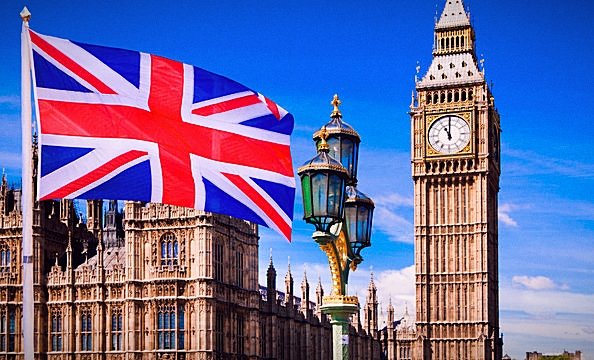Britain’s economy slipped into a recession at the end of 2023, after output contracted by more than expected in the final three months, according to official figures.
The Office for National Statistics (ONS) estimated that gross domestic product (GDP) fell by 0.3 per cent in the fourth quarter, following a decline of 0.1 per cent in the previous three months.
It meant that the economy entered a technical recession, as defined by two or more quarters in a row of falling GDP.
It marked the first time the UK had entered recession since the first half of 2020, when the initial COVID-19 lockdown sent the economy plunging into reverse.
The figures dealt a blow to Prime Minister Rishi Sunak, who had promised to grow the economy as one of his five priorities.
Chancellor Jeremy Hunt said inflation and high interest rates were behind the output fall but insisted the economy was turning a corner.
He said: “while interest rates are high so the Bank of England can bring inflation down low growth is not a surprise.
“But there are signs the British economy is turning a corner; forecasters agree that growth will strengthen over the next few years.
“Wages are rising faster than prices, mortgage rates are down and unemployment remains low.
“Although times are still tough for many families, we must stick to the plan cutting taxes on work and business to build a stronger economy.”
Shadow chancellor Rachel Reeves said the Prime Minister’s promise to grow the economy was in tatters.
“The Prime Minister can no longer claim credibly that his plan is working or that he has turned the corner on more than 14 years of economic decline under the Conservatives that has left Britain worse off.
“This is Rishi Sunak’s recession and the news will be deeply worrying for families and business across Britain,’’ he said.










Leave a Reply